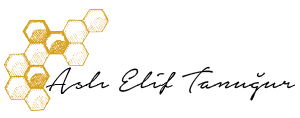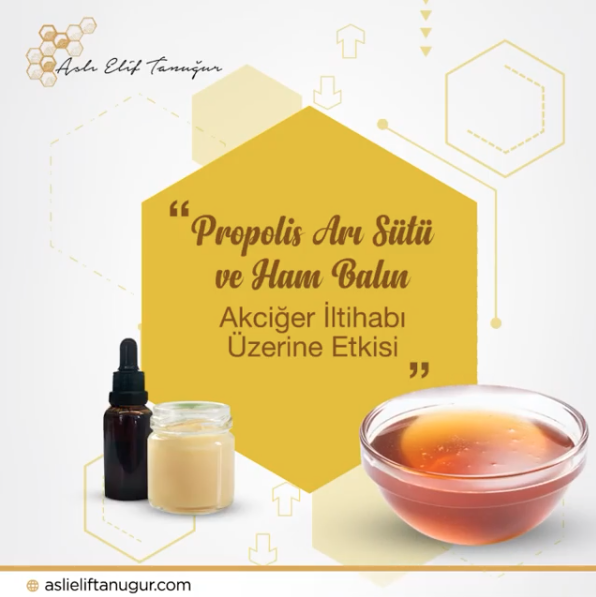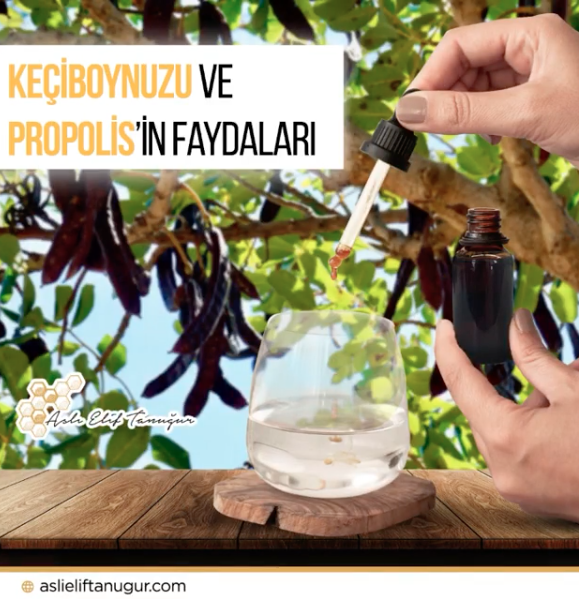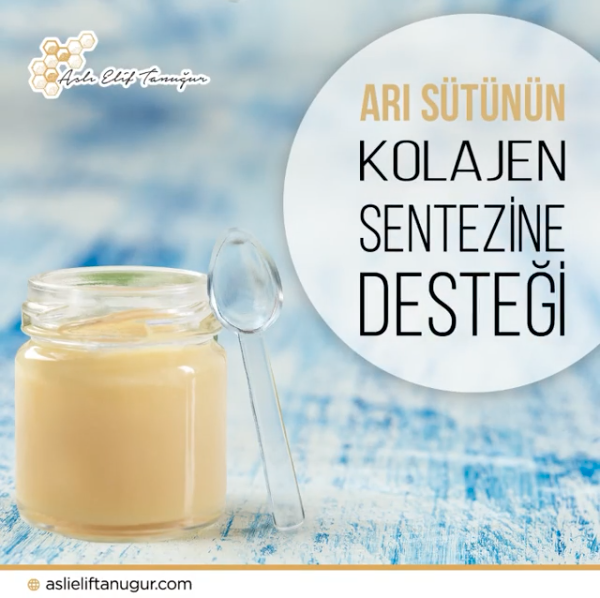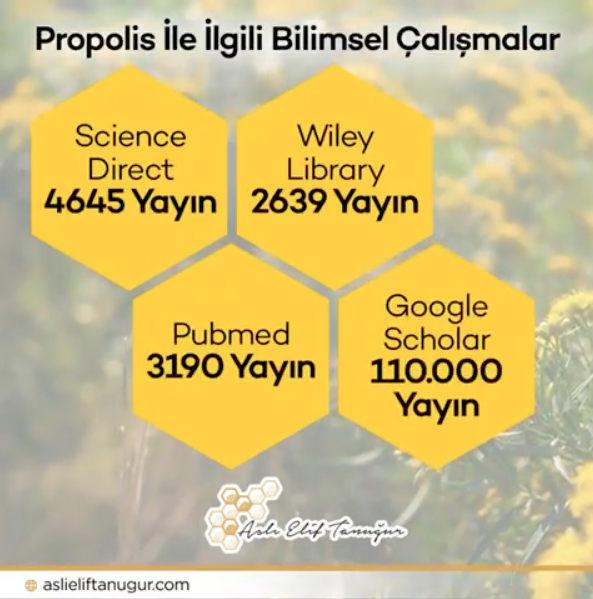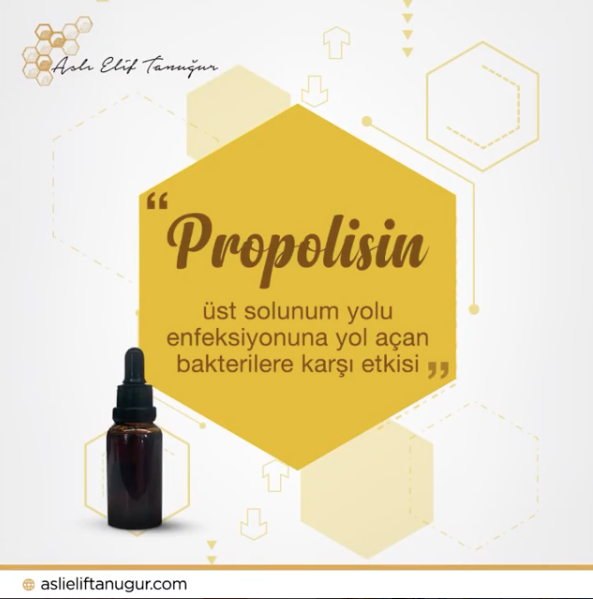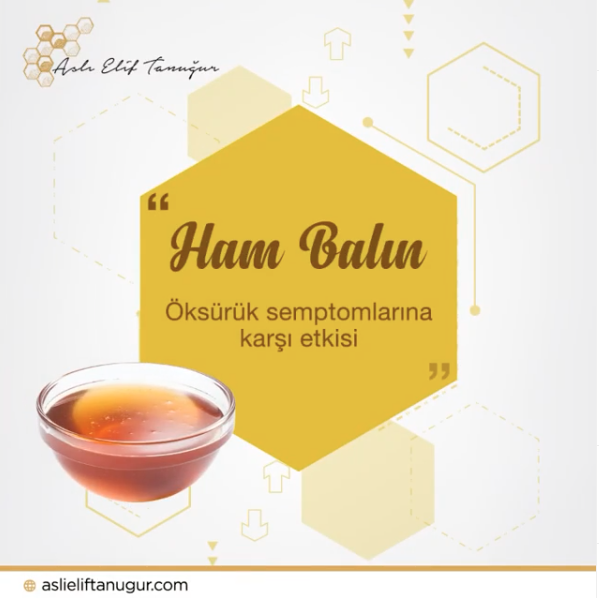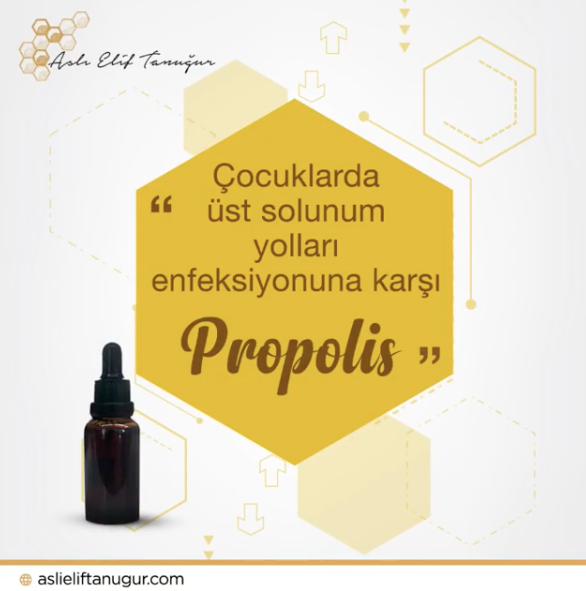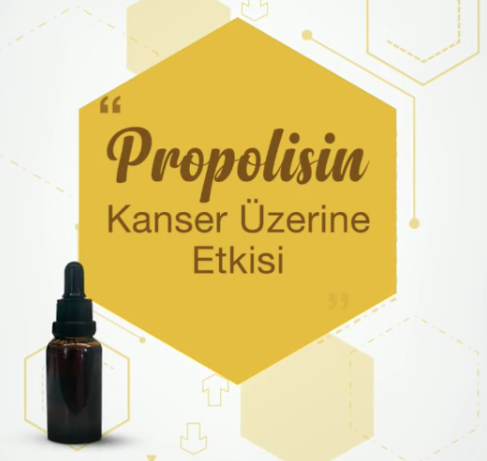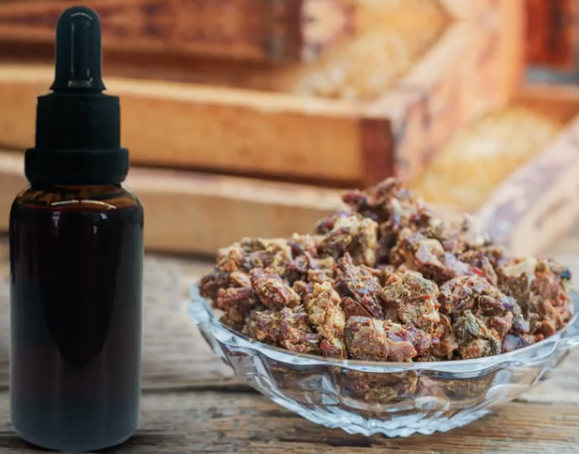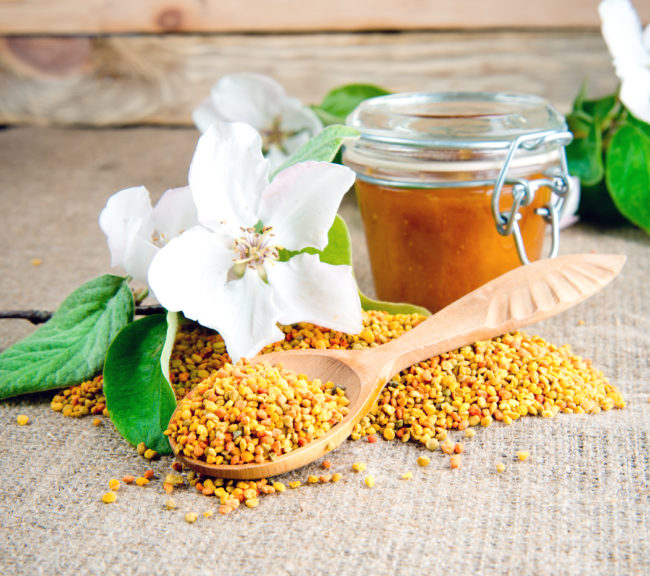Effect of Propolis, Royal Jelly and Raw Honey on Lung Inflammation
A study conducted at Mansoura University in 2014, investigated the modulatory effect of honey, royal jelly, and propolis extract on peripheral blood leukocytes and lung inflammation in a mouse conalbumin-induced asthma model. The trials included a control group that was not sensitized or treated, and a second group sensitized and challenged with conalbumin. About 24 h after the first challenge with antigen, the mice in group III received 0.5 mg/kg of dexamethasone intraperitoneally per day for 18 consecutive days and kept as positive controls.
